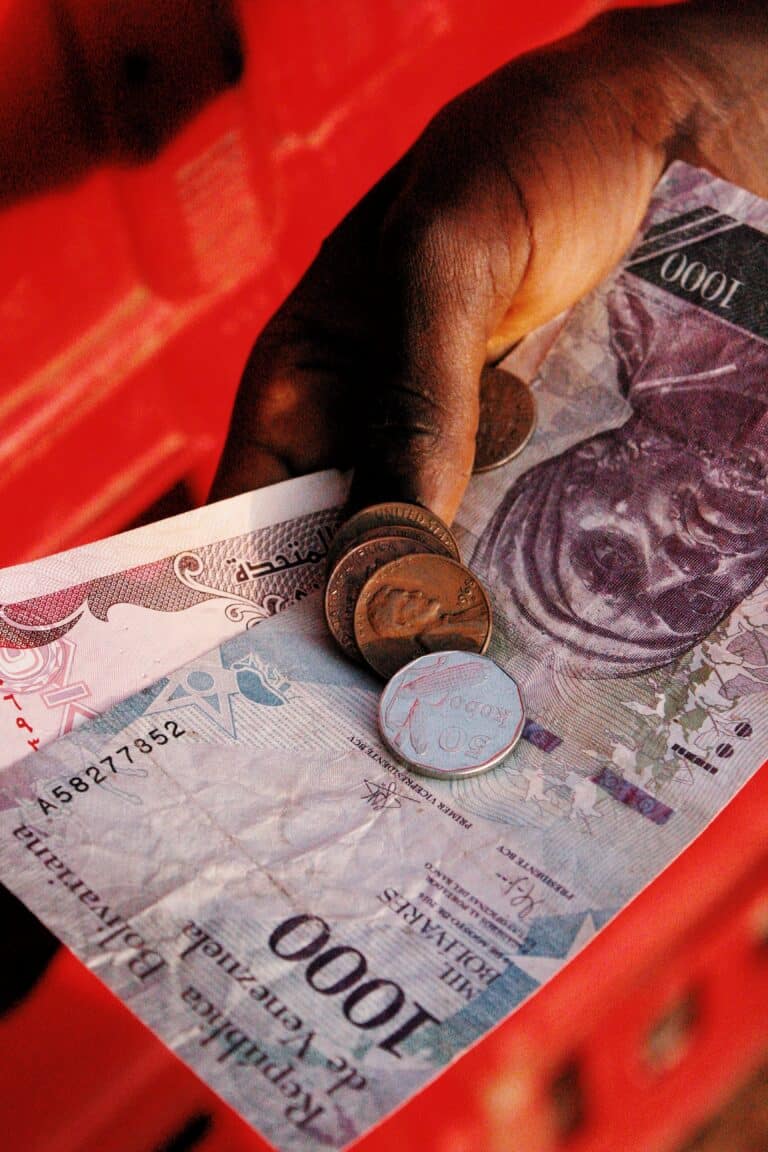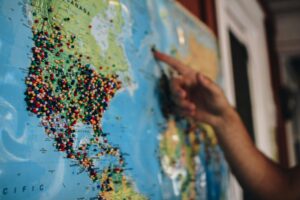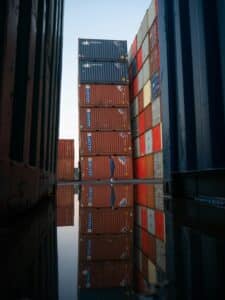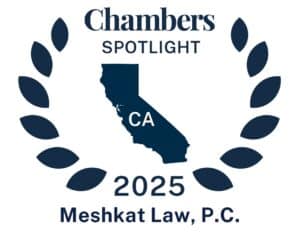With everything going on in the world these days, one could excuse the media’s apparent disinterest in an otherwise significant change in U.S. economic sanctions policy towards Venezuela, which occurred on October 18, 2023. The odd timing of the U.S. Department of the Treasury’s Office of Foreign Assets Control’s (“OFAC”) announcement of relevant changes was also perhaps to blame (and arguably suspect), because it occurred after hours Eastern Time. So what were these changes? In response to the signing of an electoral roadmap agreement between Venezuela’s Maduro regime and the opposition political alliance, Unitary Platform, OFAC eased sanctions on key sectors of the Venezuelan economy, including the oil, gas, and gold sectors.
In suspending such sanctions, the Biden administration and OFAC didn’t terminate existing Executive orders’ and their prohibitions (either in whole or in part) as related to these sectors, nor did OFAC rescind the designation of any persons it has sanctioned pursuant to any such orders. Instead, it issued new and superseding general licenses—which the agency is prepared to revoke if deemed “…appropriate to support U.S. foreign policy and national security priorities” (i.e., Maduro fails to fulfill his commitments)—to suspend the select sanctions. These general licenses (“GL”) include GL 3I, GL 5M, GL 9H, GL 43, GL 44, and GL 45.
In this article I’ll provide an overview of these changes to OFAC’s Venezuela sanctions program, and highlight certain compliance considerations for organizations considering doing business with Venezuela. But first, let’s do a high level summary of the existing sanctions program for context.
Context: Scope of OFAC’s Venezuela Sanctions Program
OFAC’s Venezuela sanctions program is unique because while it isn’t a comprehensive embargo on the whole country, it’s not purely list-based either—i.e., where sanctioned targets are identified on OFAC sanctions lists. OFAC’s Venezuela sanctions program began with President Obama’s March 8, 2015 issuance of Executive Order (“E.O.”) 13692 and the national emergency declared in under his International Emergency Economic Powers Act (“IEEPA”) authority. There have been numerous Executive orders issued since then based on the same national emergency, culminating in E.O. 13884 on August 5, 2019. OFAC’s implementing regulations for all such orders is the Venezuela Sanctions Regulations (“VSR”), 31 C.F.R. Part 591. Prior to E.O. 13884, all other orders and related determinations authorized the imposition of sanctions on persons—with designation on OFAC’s Specially Designated Nationals and Blocked Persons (“SDN”) List—determined to have engaged in specified conduct (e.g., undermining democratic processes, or operating in Venezuela’s oil sector) or otherwise meeting certain criterion (e.g., to be owned or controlled by a blocked person). For example, Petroleos de Venezuela, S.A. (“PdVSA”) was designated on January 28, 2019 pursuant to E.O. 13850 for operating in the oil sector of the Venezuelan economy.
U.S. persons must block all property interests of persons designated or otherwise blocked (See, OFAC’s 50 Percent Rule) under any of the VSR’s underlying Executive orders, and persons subject to U.S. jurisdiction are prohibited from engaging in virtually any transactions with them unless authorized by OFAC. Things changed with E.O. 13884, which imposed such blocking sanctions on the entire Government of Venezuela, defined to include the state and Government of Venezuela, any political subdivision, agency or instrumentality thereof, including the Central Bank of Venezuela and PdVSA, any person owned or controlled, directly or indirectly, by the foregoing, and any person who has acted or purported to act directly or indirectly for or on behalf of, any of the foregoing, including as a member of the Maduro regime.
Suspended Sanctions
The U.S. has suspended certain sanctions by issuing 3 new general licenses and reissuing 3 existing general licenses. In doing so, it simultaneously published a guidance document titled, Frequently Asked Questions Related to the Suspension of Certain U.S. Sanctions with Respect to Venezuela on October 18, 2023, and issued/amended several Venezuela-related Frequently Asked Questions (“FAQs”) on its website. Such sanctions relief for transactions otherwise prohibited under the VSR, includes the following:
- GL 44—temporarily authorizing through April 18, 2024, all transactions, including transactions involving PdVSA or any entity in which it owns a 50 percent or greater interest, that are related to oil and gas sector operations in Venezuela. The GL itself illustrates certain authorized transactions with a non-exhaustive list, which according to OFAC’s FAQs include ordinarily incident and necessary financial transactions with certain blocked Venezuelan banks related to the oil and gas sector. Those blocked banks are limited to Banco Central de Venezuela or Banco de Venezuela SA Banco Universal. However, several key prohibitions remain in place, including many Russia-related operations, and it does not authorize the unblocking of any property blocked pursuant to the VSR as of October 18, 2023 unless separately authorized by OFAC.
- GL 43—authorizing transactions involving CVG Compania General de Mineria de Venezuela CA (“Minerven”), the Venezuelan state-owned mining company designated pursuant to E.O. 13850, or any entity in which it owns a 50 percent or greater interest. OFAC’s related FAQs also indicate that the U.S. government does not intend to sanction any person solely for operating in the gold sector of the Venezuelan economy, but this policy is contingent on continued concrete steps toward a democratic solution in Venezuela, and OFAC maintains discretion in targeting those who operate corruptly in the gold sector. This GL excludes any transactions involving any person blocked pursuant to the VSR other than Minerven, Government of Venezuela persons blocked solely pursuant to E.O. 13884, Banco Central de Venezuela, or Banco de Venezuela SA Banco Universal.
- GL 3I and GL 9H—removing the secondary market trading bans on purchases of certain Venezuelan sovereign bonds (specified in the Annex to GL 3I), and pre-August 25, 2017 bonds or equity issued by PdvSA, or any entity in which PdVSA owns a 50 percent or greater interest, as prohibited by the VSR. There are numerous exceptions listed in each of these general licenses. Furthermore, all sanctions related to the primary bond market remain in place.
- GL 45—authorizing all transactions ordinarily incident and necessary to the repatriation of Venezuelan nationals from non-U.S. jurisdictions in the Western hemisphere to Venezuela, and are exclusively for the purposes of such repatriation, involving Consorcio Venezolano de Industria Aeronauticas y Servicios Aeros, S.A. (“Conviasa”) designated pursuant to E.O. 13884, or any entity in which it owns a 50 percent or greater interest that are prohibited by the VSR. According to its FAQs, OFAC considers the term “Western Hemisphere” to mean those countries and areas identified by the Department of State on its website as comprising the Western Hemisphere.
Finally, although OFAC also reissued GL 5M, it only further delays until on or after January 18, 2024, any intended authorization for transactions related to, the provision of financing for, and other dealings in the PdVSA 2020 8.5 Percent Bond that would be prohibited by the VSR, specifically subsection 1(a)(iii) of E.O. 13835, as amended by E.O. 13857. Until the intended January 18, 2024, OFAC has noted that transactions related to the sale or transfer of CITGO shares in connection with the PdVSA 2020 8.5 percent bond remain prohibited, unless specifically authorized.
Compliance Considerations
Since E.O. 13884 was issued in August 2019—imposing broad trade prohibitions related to the Government of Venezuela, its Central Bank, and PdVSA—I have observed many corporate clients interpreting OFAC’s Venezuela sanctions program as a de facto embargo on the whole country, and treating it as they would comprehensively embargoed destinations such as Iran, Cuba, North Korea, and Syria under their sanctions compliance programs. In other words, many such compliance programs had a policy of not doing any business with or involving Venezuela. This was generally because company senior management had assessed that engaging in such business, in consideration of the nuances of the overall Venezuela sanctions program and difficulty in confirming whether a customer or counterparty satisfied the blocked definition of the Government of Venezuela or was just otherwise sanctioned/blocked, was not worth the risk. However, with the significant suspension of sanctions on Venezuela as of October 18, 2023, businesses with economic opportunities related to Venezuela will be reevaluating their risk-appetite and potentially amending their compliance policies towards the country.
Where businesses now intend on doing business related to Venezuela, they should continue to exercise enhance due diligence on all parties involved, as well as carefully navigating the new and existing general licenses that may authorize an otherwise prohibited transaction under the VSR. This is because many persons, including many that would satisfy E.O. 13884’s definition of the Government of Venezuela under E.O. 13884, remain off limits as result of being designated or otherwise blocked, with no available general license. Furthermore, where a transaction may first appear authorized by a general license, there are still many detailed exceptions that need to be considered. Finally, it is important for companies to continue to monitor U.S. sanctions policy toward, and OFAC’s sanctions program for, Venezuela. This is because the sanctions relief detailed herein is limited to general licenses that may be amended and/or revoked with little to no notice, should the Maduro regime fail to follow through on their commitments.
The author of this blog post is Kian Meshkat, an attorney specializing in U.S. economic sanctions and export controls matters. If you have any questions please contact him at meshkat@meshkatlaw.com.







